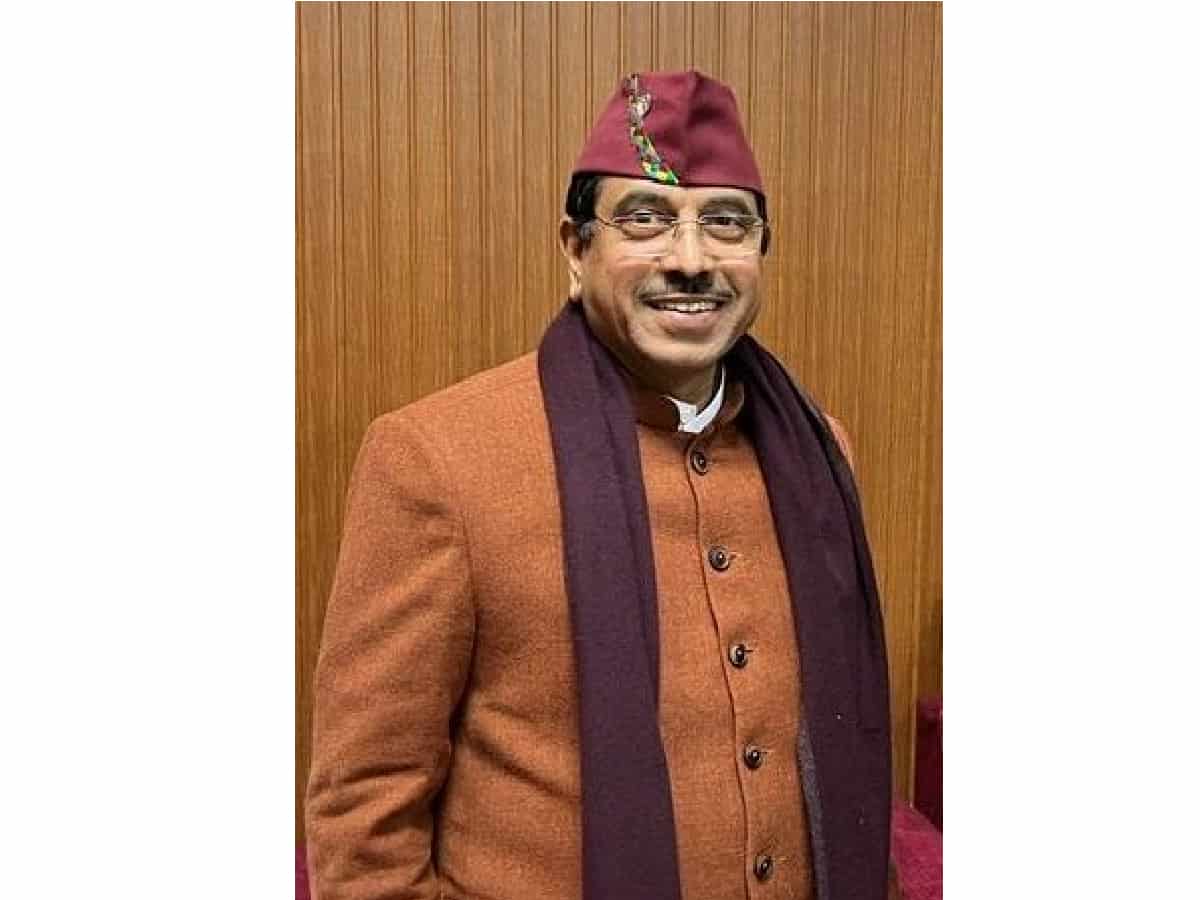
Bengaluru: Union Minister Pralhad Joshi on Sunday highlighted India’s lifestyle culture and said that it is possible to live in ‘harmony with nature’ without doing undue exploitation.
Union minister was addressing the G20 Energy Transitions Group meeting in Bengaluru on Sunday and said that the Indians believe in nature-friendly practices.
“It is possible to live in harmony with nature without its undue exploitation. We Indians believe in nature-friendly practices. Reduce, Reuse, Recycle and Circular economy is part of our lifestyle culture,” he said.
The Minister also stressed the need to evolve and said precepts for the youths of the world that help in developing unified global perspectives to economic growth, and to bridge the disparity of thinking between developing and developed nations.
Joshi noted that India recognizes the importance of energy security and affordability with climate change.
“Energy transition in developing countries requires an investment in clean fuel. While prioritizing growth we can’t compromise energy for future generations,” he said.
The minister also emphasized that there will be challenges in the energy transition, and said that the G20 nations must work with international communities to target the energy transition goal.
“G20 nations must understand that the energy transition will have challenges and opportunities for nations. We must work with international communities to target energy transition goal from fossil fuels to cleaner fuel which is inclusive and just,” said Joshi.
Union Minister for Power RK Singh called for preparing an ‘inclusive agenda’, while stating that nearly 800 million people globally do not have access to energy.
The Minister said that there is a need for a holistic discourse on energy security.
“Holistic discourse is needed on energy alternatives, security, and transition. Growing energy demand requires viable storage. 800 million people globally don’t have energy access. We must make inclusive agenda,” he said.
India has assumed the presidency of G20 from December 1, 2022, for one year.
In its presidency, the first Energy Transitions Working Group (ETWG) Meeting is being held in Bengaluru from February 5-7, 2023.
The seminar focuses on underlining the importance of CCUS for achieving a “clean energy transition” and subsequently moving towards net zero.
The goal is to reduce one billion tons of total projected emissions by 2030 and bring down the country’s carbon intensity to less than 45 percent.




